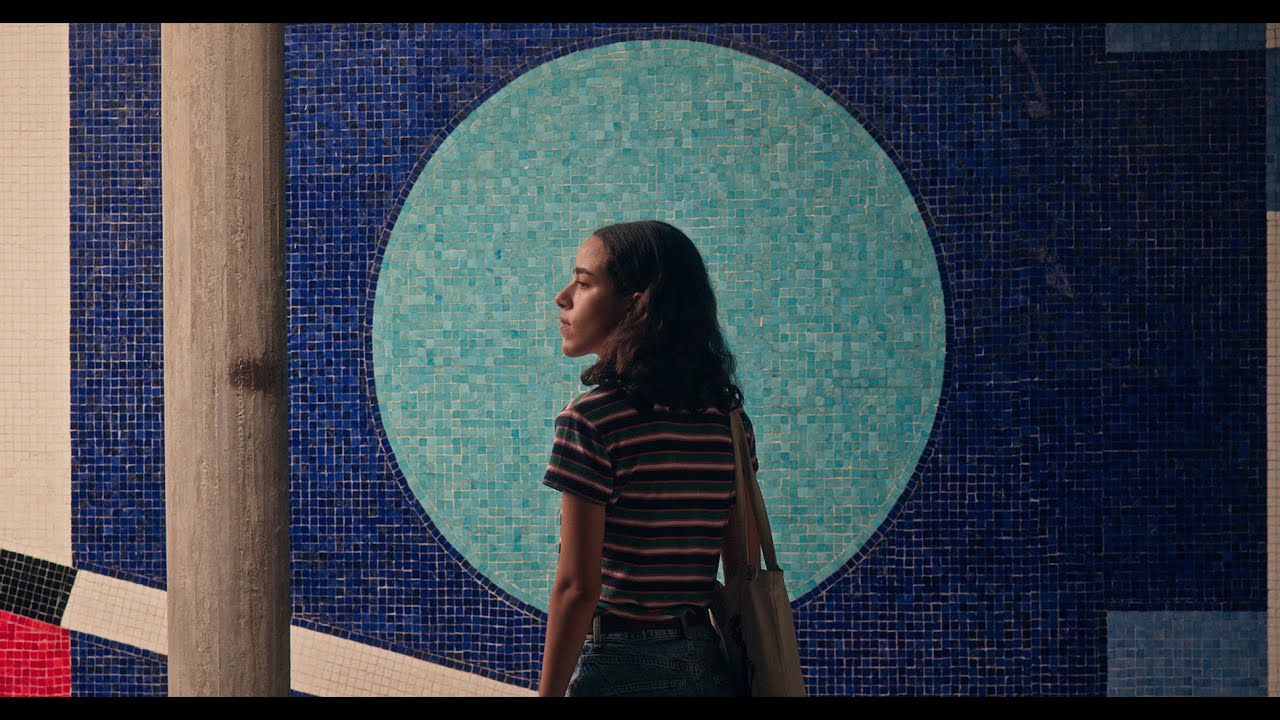Lorena Alvarado’s textured debut threads fiction through fact in an ode to a Venezuela lost.
The 54th edition of New Directors/New Films deserves recognition for the precision and depth of its thematic curative instincts, with an abundance of its films finding expressive resonance in their ability to foreground experimental cinema across the socio-cultural canvas of the directors’ home countries. Lorena Alvarado’s Lost Chapters is no exception, and perhaps something talismanic in its realization of this particular artistic ethos. Starring a spare but striking cast of real-life family members, Alvarado straddles both fiction and non-fiction in her lush and contemplative love-letter to Caracas. This romance, however, is indelibly marked by the type of yearning and melancholy inherent to a love beleaguered by distance – a diasporic subjectivity that permeates every shot.
This sense of both closeness and alienation plays out across an array of urban landscapes that act as the stage for the film’s narrative thrust. Visiting from abroad, Ena (Lorena’s sister, playing a fictionalized version of herself) is staying with her bibliophilic, book-collecting father Ignacio, and grandmother Adela – the latter of whom is in the early stages of dementia. While exploring the vast expanse of her father’s collection, Ena discovers a handwritten note from a mysterious and possibly pseudonymous early-20th century Venezuelan writer, his work no less enigmatic and elusive as a literary artefact – it’s speculated that the book in question is a first for Venezuela in its exploration of oil as a lettered subject. This catalyzes an investigative search that yields more questions than answers, an embrace of a past unknown that itself provokes images and ideas about a Venezuela that was, and one that could have been.
The slow pan of Alvarado’s camera across her family home, its garden, and the subjects it foregrounds is a gentle brush stroke of longing that complements the somber tone of Ena’s subdued adventure. Characters and auteur alike are in the process of a kind of spiritual attempt at reclamation, the confrontation of a distance they seek to close through retrospection and excavation. It is a foregone time and space they yearn to inhabit, immemorial and suffused with personal and national meaning alike. Ena and her father move across the cityscape as if in a dream, but there is nothing dreamlike about their surroundings. Caracas is as real and alive as ever, yet one cannot shake the sense that these characters stand amidst a hallucination drenched in realism. Perhaps not a dream, but a memory.
We quietly come to feel that the languorous beauty at play is the purest expression of the silent desires that emanate from each and every shot. Adela, in particular, is a totemic emblem of this visual and tonal illustration – the elisions in her memory producing pangs of unexpected delight alongside the quiet tragedy of a life and mind slowly divorced from its past. A favorite poem proves simultaneously a foil and poignant evocation – Adela struggles to recite its lines, Ena aiding her attempt to find its rhythms and verse, its wistful words, and a lyrical destination that punctuates the film’s most inspired ideas: “everything remains the same, it is only my heart that has changed.”
